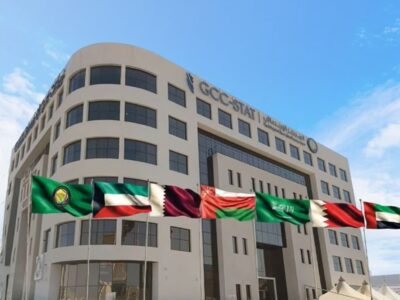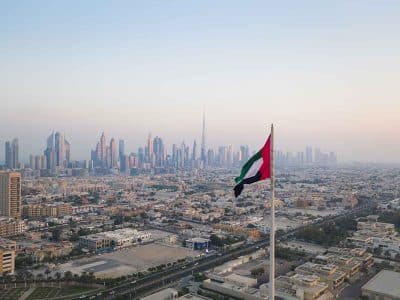Business activity growth levels in Saudi Arabia’s private sector recovered slightly in October from record lows in the previous month, a purchasing managers’ survey said on Tuesday.
The Saudi British Bank (SABB) HSBC Saudi Arabia Purchasing Managers’ Index (PMI), which measures the performance of the kingdom’s manufacturing and services sectors, rose marginally to 56.7 points from 54.5 last month, which was down from 60 in July.
The index said the figures for October “signalled a stronger gain in the health of Saudi Arabia’s non-oil private sector”.
Boosted by better market conditions and advertising campaigns, demand for Saudi Arabian non-oil private sector goods and services rose in October, supporting a sharper rise in total new orders, it added.
It also said that new export business also increased at a faster rate than in September.
The PMI also showed that output and buying activity growth rates were robust but below-average.
Despite stronger growth of new business, firms largely kept on top of their workloads in October, as shown by a marginal rise in backlogs and broadly no-change in employment levels.
Workload management was aided by a further improvement in average vendor performance – lead times shortened to the greatest extent for one-and-a-half years, the PMI said.
October’s price indicators pointed to only a fractional rise in input cost pressures and a further easing in charge inflation to a series record low.
Both purchase prices and staff costs rose more sharply during the latest survey period, which was linked to higher raw material prices and better company performance.
Meanwhile, selling prices rose only modestly as the vast majority of monitored firms maintained their tariffs since September.
The PMI monitors private sector variables, including output, new orders, exports, input prices, output prices, quantity of purchases, stocks and employment.
Last month, it was reported that up to three million expat workers will be forced to leave Saudi Arabia over the next few years under a new plan to cap their numbers.
The kingdom’s Labour Ministry has put a 20 percent ceiling on the country’s guest workers in its latest bid to help find jobs for Saudi nationals.
“The maximum number of long-term expatriate workers in the Kingdom should not exceed 20 percent of the Saudi population,” a spokesman from the ministry was quoted as saying in Saudi daily Arab News.








